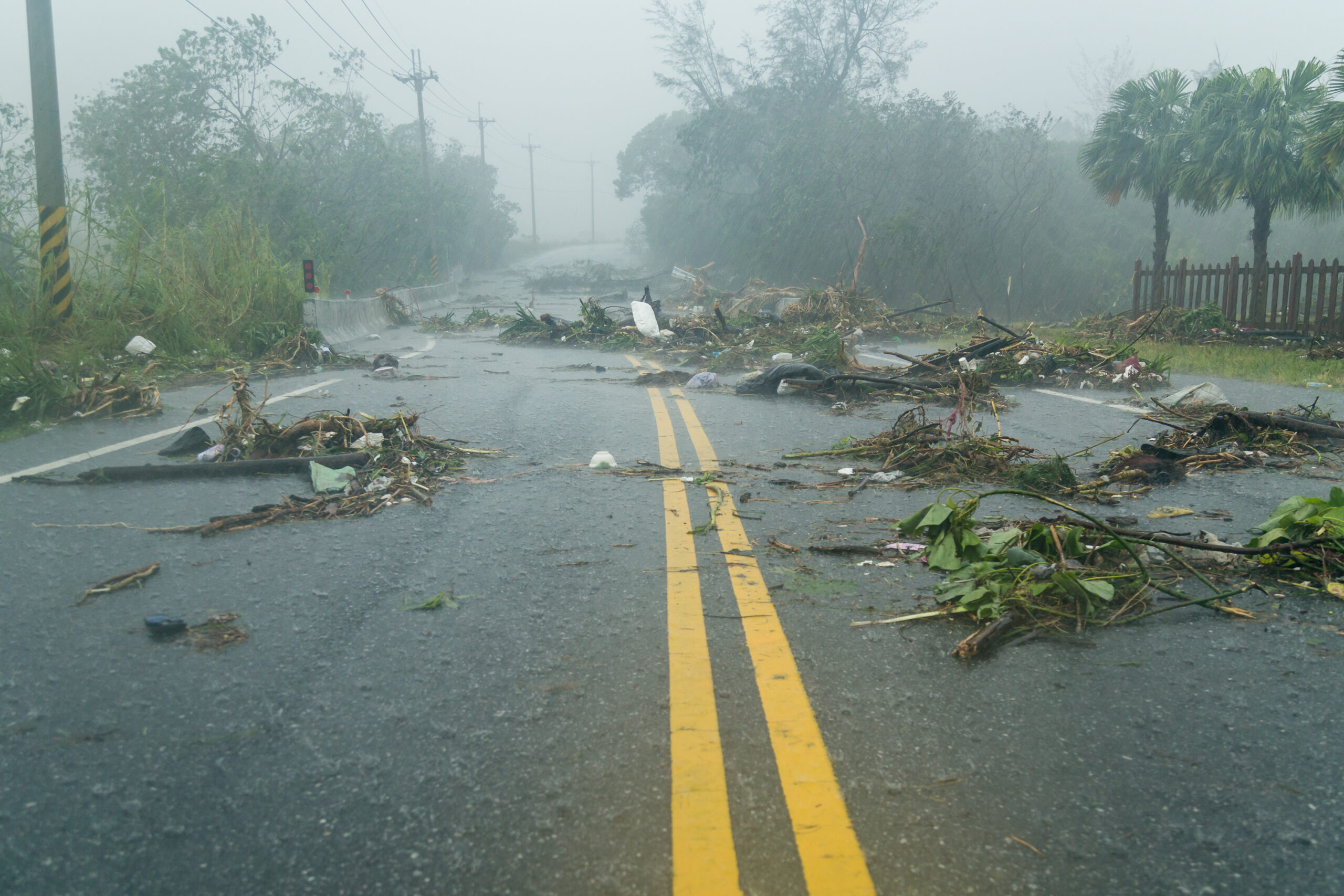Navigating Hurricane Preparedness Season: Ensuring Healthcare Resilience
As the seasons change and summer approaches, so does the looming threat of hurricanes in many coastal regions. For healthcare providers and organizations, this signals the beginning of intense preparation efforts to ensure the safety and well-being of patients, staff, and communities. Hurricane preparedness season is not just about bracing for the storm but also about ensuring resilience in healthcare systems to continue providing vital services even in the face of adversity. In this blog post, we’ll delve into the importance of hurricane preparedness for healthcare, key steps for readiness, and the role of collaboration in ensuring a resilient response.
Understanding the importance of hurricane preparedness for healthcare means more than just having emergency supplies on hand. Hurricanes pose significant challenges to healthcare systems, disrupting infrastructure, causing power outages, and leading to the displacement of communities. For healthcare providers, it’s about having robust contingency plans in place to maintain essential services, protect vulnerable patients, and respond effectively to any crisis that may arise.
One of the critical aspects of hurricane preparedness for healthcare is ensuring the safety of patients, especially those who are critically ill or dependent on medical devices. Evacuation plans must be carefully crafted to transport patients safely to alternative care facilities or shelters equipped to handle their needs. Additionally, healthcare organizations must stockpile essential medical supplies and medications to prevent shortages during and after the storm.
Key Steps for Hurricane Preparedness:
- Risk Assessment and Planning: Healthcare facilities should conduct thorough risk assessments to identify vulnerabilities and develop comprehensive emergency response plans. This includes identifying evacuation routes, establishing communication protocols, and ensuring access to backup power sources.
- Staff Training and Education: Training staff in emergency procedures and protocols is crucial for ensuring a coordinated response during a crisis. This includes conducting drills and simulations to practice various scenarios and familiarize staff with their roles and responsibilities.
- Stockpiling Essential Supplies: Healthcare organizations should maintain adequate supplies of medications, medical equipment, and other essential resources to sustain operations during and after a hurricane. This may involve establishing relationships with multiple suppliers and distributors to mitigate the risk of shortages.
- Securing Facilities: Securing healthcare facilities against potential damage from high winds, flooding, and other hazards is essential for minimizing disruptions to patient care. This may involve installing storm shutters, reinforcing windows and doors, and implementing flood mitigation measures.
- Collaborating with Community Partners: Collaboration is key to ensuring a coordinated response to hurricanes and other emergencies. Healthcare providers should work closely with local government agencies, emergency management organizations, and community partners to share resources, coordinate evacuation efforts, and provide mutual aid as needed.
In times of crisis, collaboration becomes more critical than ever in ensuring the resilience of healthcare systems. By forging partnerships with government agencies, non-profit organizations, and other healthcare providers, organizations can leverage collective resources and expertise to better prepare for and respond to hurricanes and other emergencies.
Collaboration also enables healthcare providers to fill gaps in resources and capabilities, ensuring that communities have access to the care and support they need during and after a disaster. By pooling resources, sharing information, and coordinating efforts, organizations can enhance their ability to deliver timely and effective services, even in the most challenging circumstances. This helps to foster a sense of solidarity and resilience within communities, bringing people together to support one another in times of need. By working together to prepare for hurricanes and other disasters, healthcare providers can build stronger, more resilient communities that are better equipped to withstand and recover from adversity.
Hurricane preparedness season serves as a reminder of the importance of resilience in healthcare. By taking proactive steps to prepare for hurricanes and other emergencies, healthcare organizations can ensure the safety and well-being of patients, staff, and communities. Key measures include conducting risk assessments, training staff, stockpiling essential supplies, securing facilities, and collaborating with community partners. Through collaboration and coordination, healthcare providers can enhance their ability to respond effectively to hurricanes and other disasters, ensuring that they can continue to deliver vital services even in the face of adversity.
Understanding your risk
Hurricanes can most severely impact coastal towns, but they are not the only areas at risk. It is important to understand how severe weather can impact your area if a storm makes landfall.
Make an Emergency Plan
Less than half of Americans have an emergency plan in place (42%). On a similar note – less than half of Americans (45%) report being concerned about an emergency occurring at all. Planning can help make sure you and your loved ones are prepared. It is important that everyone in your household knows and understands your emergency plan for hurricanes.
- In addition to saving emergency phone numbers in your cell phone, keep a hard copy on-hand.
- Make an emergency supply kit, or a “go kit”. Include essential items for your personal needs like disinfectants or sanitizers, medicines, water, food, batteries, and masks (for potential airborne disease like COVID-19 )
- Know your evacuation zone and the nearest shelter in your area
- Find a pharmacy near you using Rx Open, so you know where to go if you need medicines or supplies
- If you own a pet, identify shelters or pet-friendly accommodations where you can take your pets in the event of an evacuation
Stay Informed
Sign up to receive real-time alters and notifications from the National Weather Service. You can also listen to broadcasts, like the NOAA Weather Radio All Hazards (NWR) broadcast, which provides continuous weather information based on your physical location.
Gather and Review your Important Documents
Make hard copies of important documents, like any insurance policies, identification cards, or prescription information. Rx on the Run is a printable, wallet sized card that documents your prescriptions and other important medical information. Simply fill out the online form with your personal information and download or print the wallet sized card for your records.
Help your Loved Ones
If your loved ones are individuals who require special assistance, identify what their needs may be now, you can secure a plan to get them additional help during a hurricane.
For more information on hurricane preparedness, visit these resources:
- Healthcare Ready Disaster Tip Sheet
- CDC Hurricanes and Tropical Storms
- CDC Disasters and COVID-19
- National Weather Service Hurricane Preparedness







